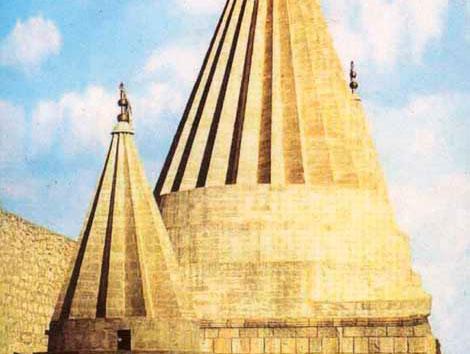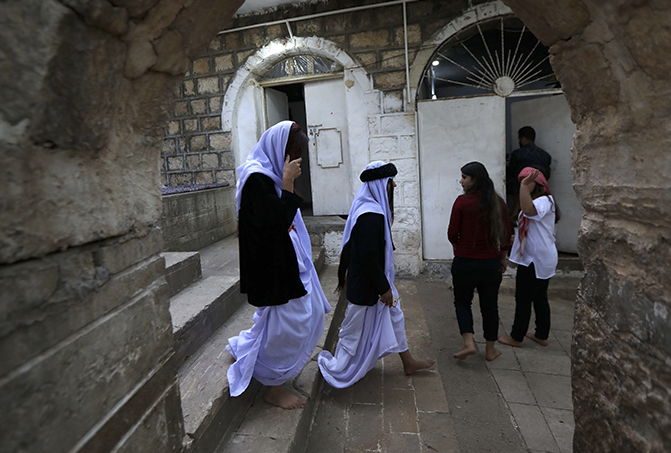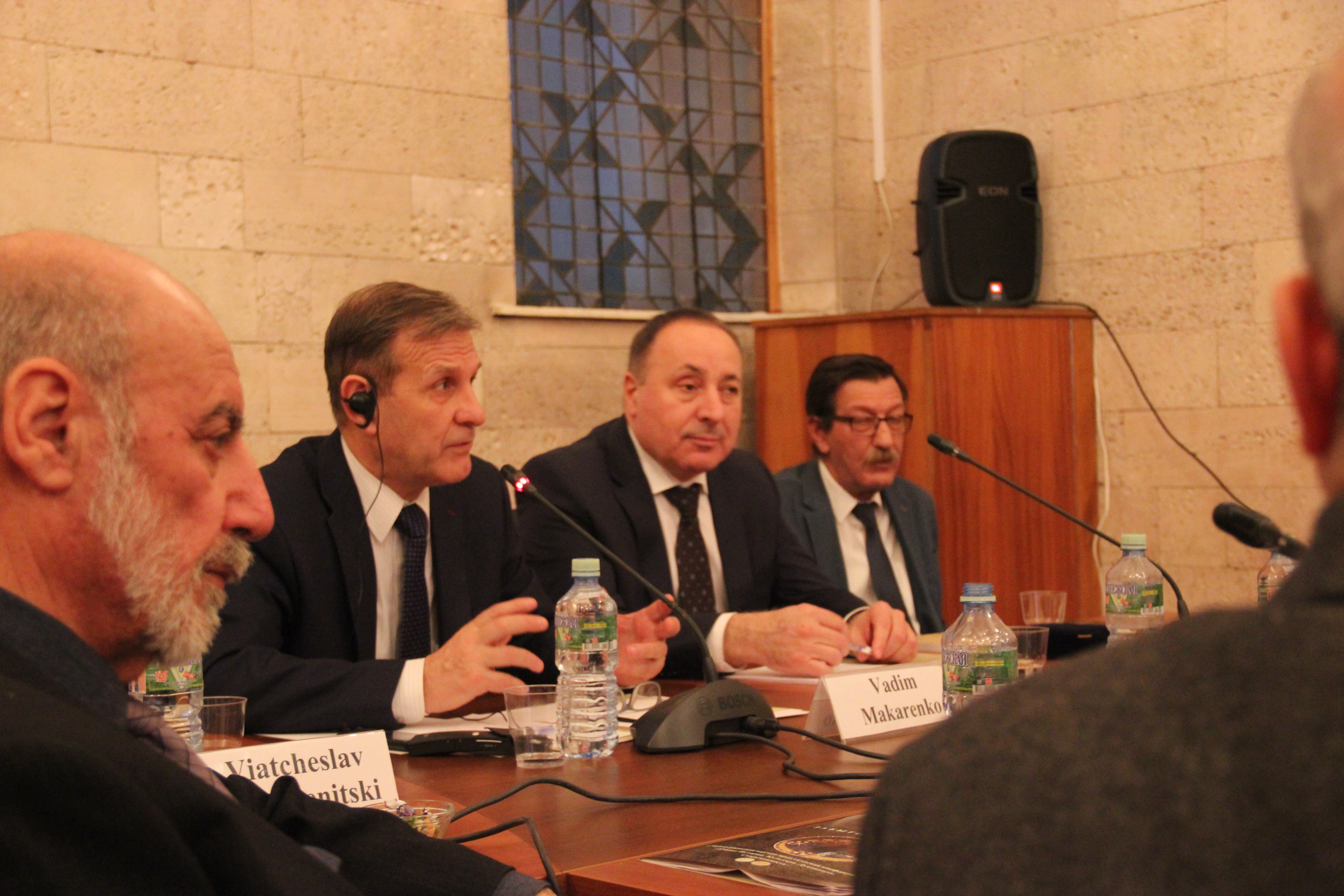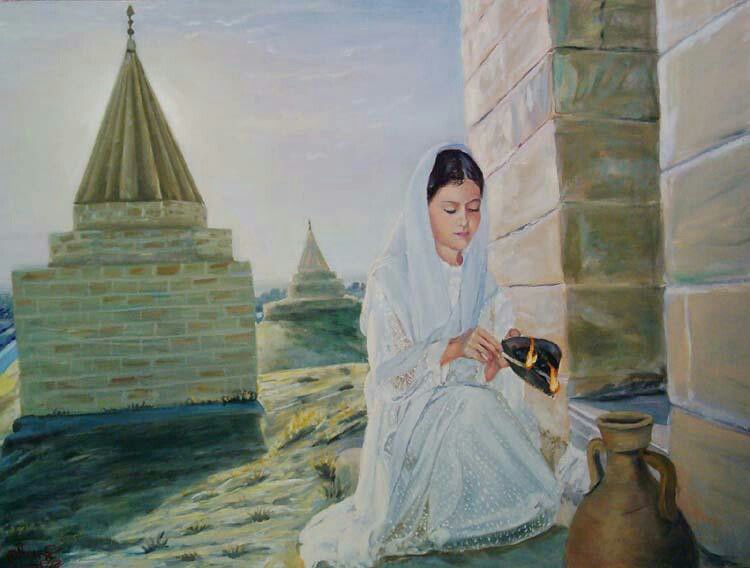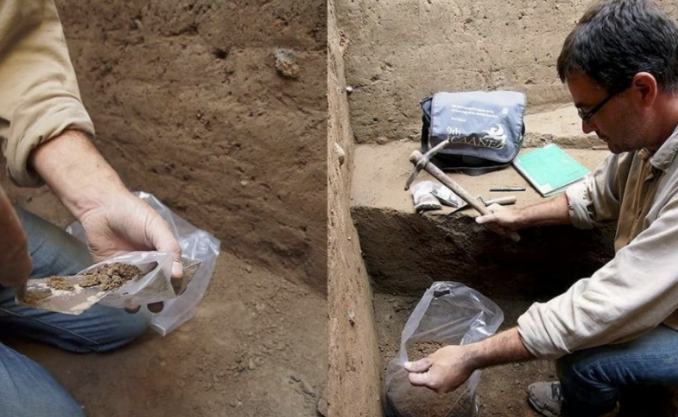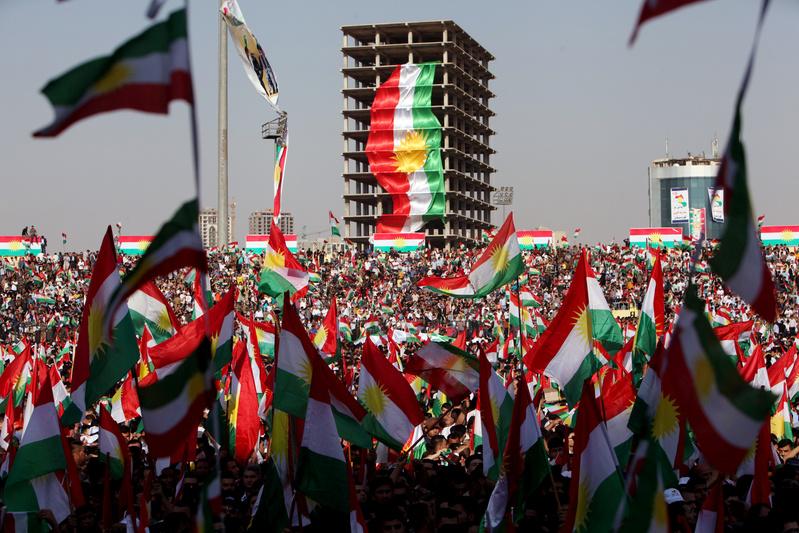Articles
Have Kurds lost their connection with nature?
Hannah Lynch / 30 августа 2017 года
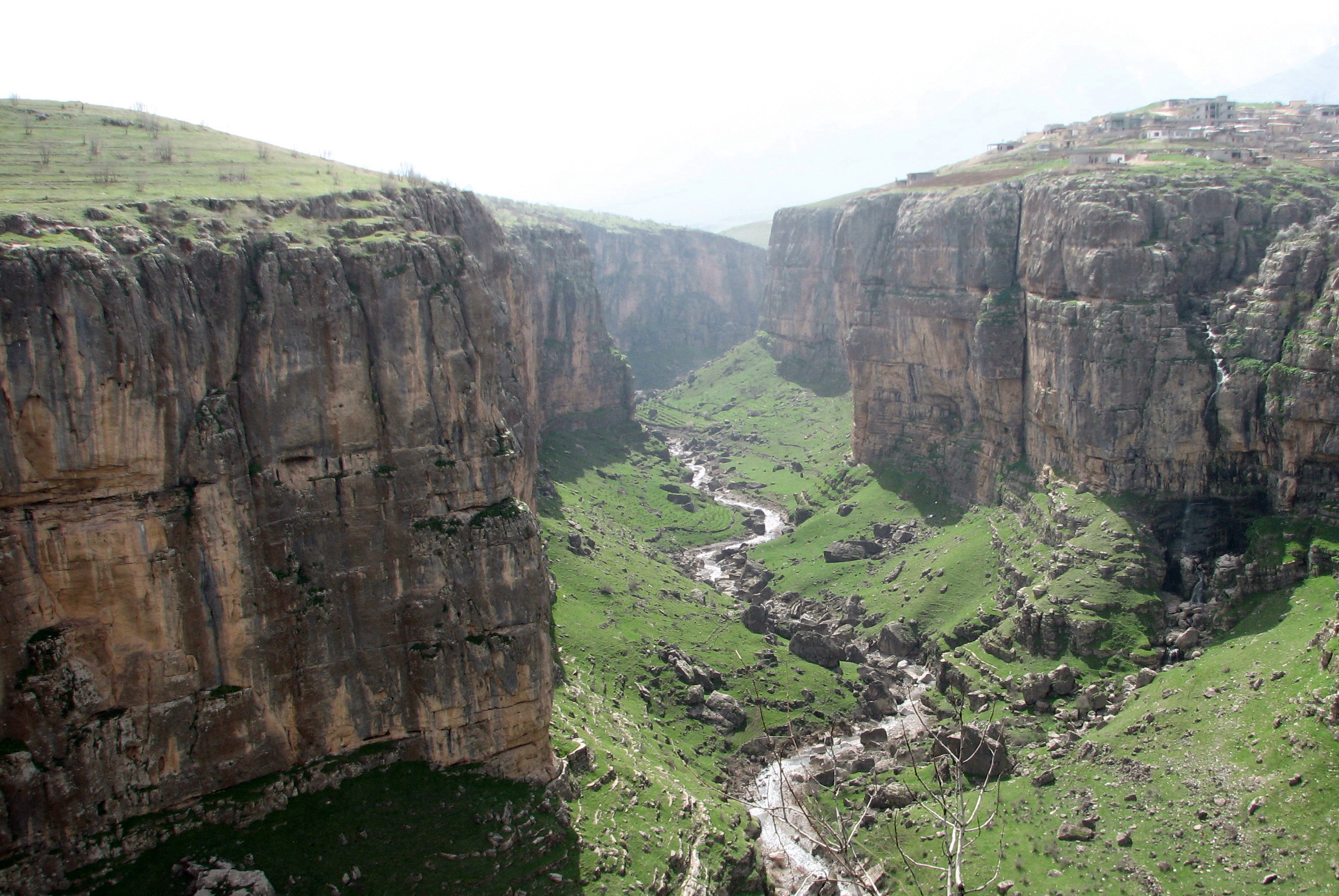
During his many years in exile Nabil Musa’s dreams often took him back to one river in Kurdistan where he had spent his youth. The memory of swimming and fishing, evenings spent catching fireflies, flocks of migrating birds that were so large they turned the sky dark sustained him in the United Kingdom.
“I was dying to come back to see this river,” said Musa, but when he finally was here, “the river had disappeared.”
The trees had been hacked down, the birds were gone, and fireflies no longer flickered in the sky.
“When I was a kid, these guys used to be my friends, but we lost them,” he recollected.
For thousands of years agriculture and herding kept Kurds close to the land. But Saddam Hussein’s regime disrupted the course of nature and broke the strong bond between Kurds and their natural environment. He razed thousands of villages, dried water wells and forced people into cities to stifle their rebellion.
The Kurdistan Region was urbanized in the course of one or two generations. Today, about 80 percent of the population live in cities.
In 2006 the Region began developing its untapped oil and gas fields which prompted a rapid expansion of cities, easy money, expensive cars, and summer houses in the countryside — all at the expense of the environment.
The cumulative result of these events is that Kurds have lost their connection with the land.
Musa, an artist now working as a waterkeeper, an environmental activist dedicated to protecting water resources, argues that the societal shift in the Region happened too fast: “There was no chance to tell these people wait a minute, we are moving so fast, without realizing we are headed to somewhere darker, and darker, and darker.”
Kurds these days are more comfortable in the presence of a screen than a tree, he laments. “We don’t go to nature. We watch nature on TV and sit down and we imagine it. We lost that relationship.”
Even the simple tradition of sleeping on the rooftop to catch a cooler night breeze during the hot summer is being lost.
One Kurdish man who has slept on the roof every summer said that now, his family balk at the thought of him bedding down under the stars. Why would he want to sleep outside when there is such a thing as air conditioning, they ask him.
The older generation of Kurds knew the calming effect of stargazing, an afternoon walk in the fields, or gardening and they practiced into old age.
The benefits of being in nature have been scientifically proven. Just a 15 minute walk in the woods can result in a drop in cortisol levels, a stress hormone, according to researchers at Japan’s Chiba University led by Yoshifumi Miyazaki.
It can also be a social activity. Musa says that when he lived in the United Kingdom, he would go into nature to meet people — hikers, dog walkers in the park, people out for recreation and enjoying nature.
In the Kurdistan Region, he says, he could climb a mountain and not see another soul. If he does meet an occasional hunter or shepherd, they think he has lost his mind, wandering around in the mountains.
A result of this disconnect from the land is increased pollution and environmental degradation. The roads out of the cities and into Kurdistan’s fabled mountains are lined with trash. Deliciously cool rivers can contain more plastic bottles than fish.
Waterkeeper Musa sees his primary role as spreading awareness — to be a witness to environmental change and tell people what is happening to the rivers, soil, trees, and wildlife, and to encourage them to rekindle their old relationship with nature.
For thousands of years agriculture and herding kept Kurds close to the land. But Saddam Hussein’s regime disrupted the course of nature and broke the strong bond between Kurds and their natural environment. He razed thousands of villages, dried water wells and forced people into cities to stifle their rebellion.
The Kurdistan Region was urbanized in the course of one or two generations. Today, about 80 percent of the population live in cities.
In 2006 the Region began developing its untapped oil and gas fields which prompted a rapid expansion of cities, easy money, expensive cars, and summer houses in the countryside — all at the expense of the environment.
The cumulative result of these events is that Kurds have lost their connection with the land.
Musa, an artist now working as a waterkeeper, an environmental activist dedicated to protecting water resources, argues that the societal shift in the Region happened too fast: “There was no chance to tell these people wait a minute, we are moving so fast, without realizing we are headed to somewhere darker, and darker, and darker.”
Kurds these days are more comfortable in the presence of a screen than a tree, he laments. “We don’t go to nature. We watch nature on TV and sit down and we imagine it. We lost that relationship.”
Even the simple tradition of sleeping on the rooftop to catch a cooler night breeze during the hot summer is being lost.
One Kurdish man who has slept on the roof every summer said that now, his family balk at the thought of him bedding down under the stars. Why would he want to sleep outside when there is such a thing as air conditioning, they ask him.
The older generation of Kurds knew the calming effect of stargazing, an afternoon walk in the fields, or gardening and they practiced into old age.
The benefits of being in nature have been scientifically proven. Just a 15 minute walk in the woods can result in a drop in cortisol levels, a stress hormone, according to researchers at Japan’s Chiba University led by Yoshifumi Miyazaki.
It can also be a social activity. Musa says that when he lived in the United Kingdom, he would go into nature to meet people — hikers, dog walkers in the park, people out for recreation and enjoying nature.
In the Kurdistan Region, he says, he could climb a mountain and not see another soul. If he does meet an occasional hunter or shepherd, they think he has lost his mind, wandering around in the mountains.
A result of this disconnect from the land is increased pollution and environmental degradation. The roads out of the cities and into Kurdistan’s fabled mountains are lined with trash. Deliciously cool rivers can contain more plastic bottles than fish.
Waterkeeper Musa sees his primary role as spreading awareness — to be a witness to environmental change and tell people what is happening to the rivers, soil, trees, and wildlife, and to encourage them to rekindle their old relationship with nature.
Источник: rudaw.net

